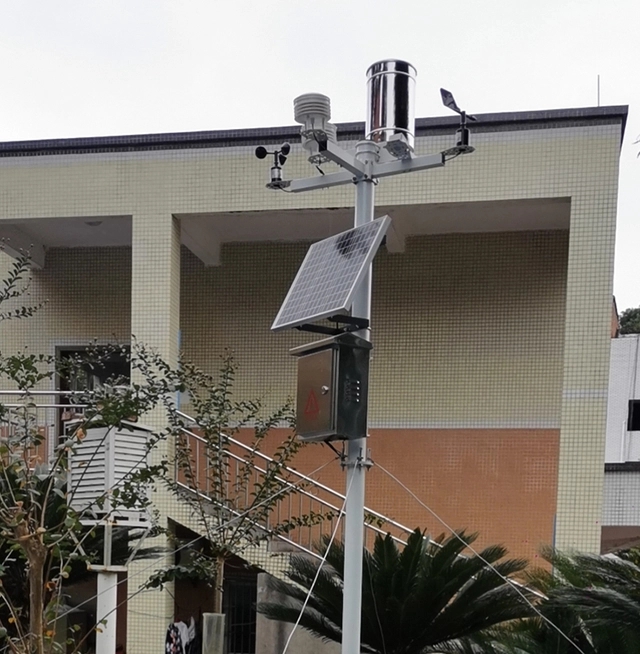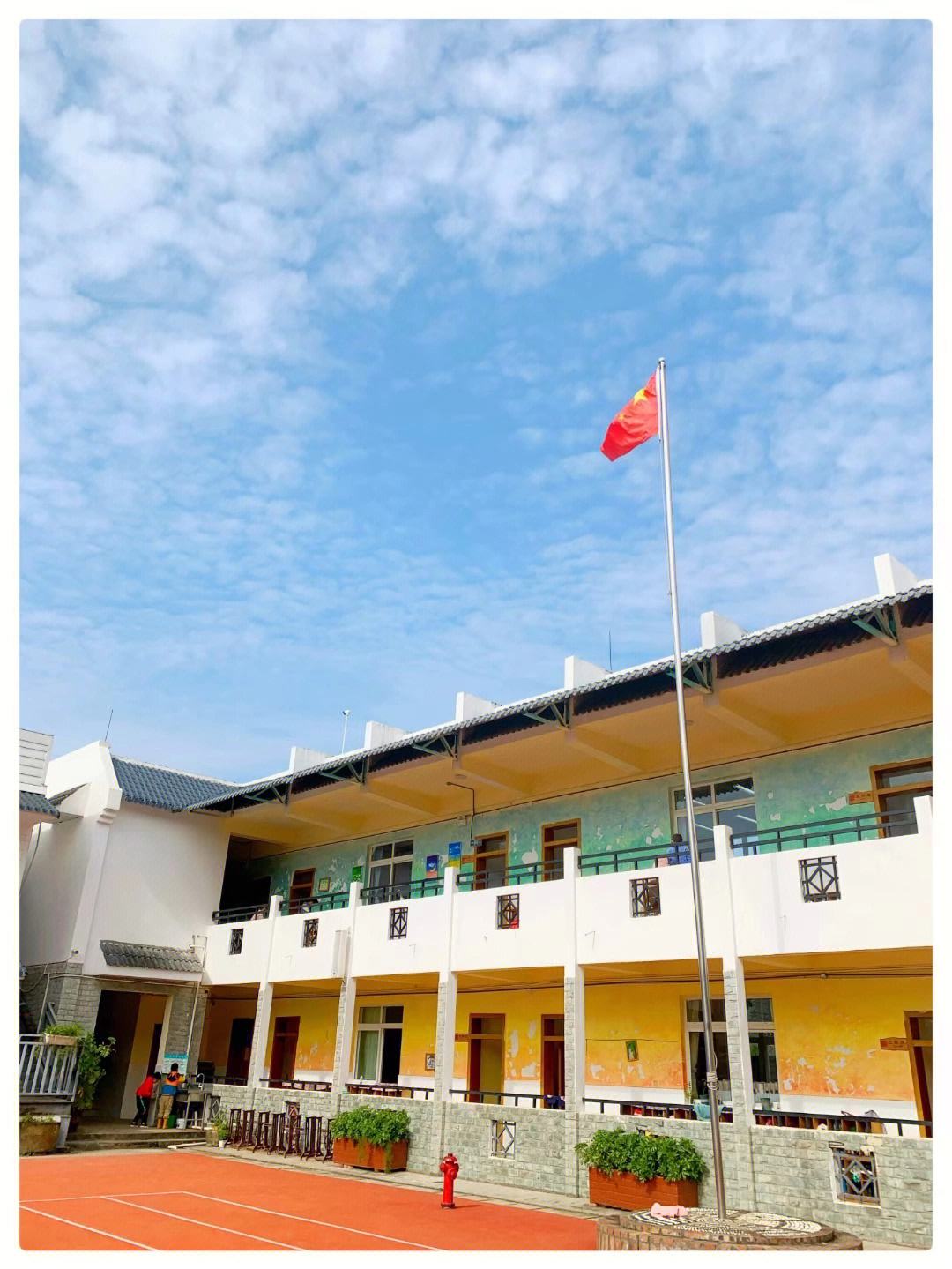

— Blogs —
—Products—
 Consumer hotline +8618073152920
Consumer hotline +8618073152920 WhatsApp:+8615367865107
Address:Room 102, District D, Houhu Industrial Park, Yuelu District, Changsha City, Hunan Province, China
Product knowledge
Time:2023-10-03 16:47:46 Popularity:611
With the development of meteorological monitoring, weather stations are not only applied in agricultural production, meteorological monitoring, scientific research and other fields, but also applied in school campuses. Campus weather stations are opened to optimize the environment of school science and technology education, enhance the scientific knowledge of school students, enrich their after-school life and strengthen their practical observation ability. Campus weather station meets the practical needs of school education, and at the same time provides a platform for students to understand the weather.

The Campus Weather Station is equipped with observation equipment such as rain gauge, transpiration device, thermometer, hygrometer, etc. Through the use of these equipment, students can directly observe and record meteorological data. In addition, the Campus Weather Station is equipped with an electronic display screen that conveys weather warning information and general knowledge of meteorological science, which can instantly display weather warning information and facilitate the guidance of students in understanding meteorological disaster prevention and countermeasures. This provides an intuitive and practical learning environment for students to better understand meteorological knowledge.
The construction of the campus weather station is integrated with subject education, combining meteorological observation with the teaching of scientific and technological knowledge through teacher guidance and student participation. Students can understand the relationship between different meteorological factors through direct observation of meteorological instruments, recording and analyzing meteorological data, thus gaining a deeper understanding of the impact of meteorological changes on the growth of crops and organisms. This hands-on learning approach develops students' observation, analytical skills and sense of innovation, and also stimulates their interest in science.
Campus weather stations can also be used for interdisciplinary cooperation with other subjects. For example, language classes can develop students' expressive skills by writing weather reports; geography classes can deepen their understanding of geographic knowledge by analyzing the relationship between climate change and the geographic environment; and math classes can enhance students' mathematical arithmetic and statistical skills by processing and analyzing weather data. This integration of disciplines enables students to learn and apply meteorological knowledge in a more comprehensive way.
The construction of campus weather stations can also be combined with communities and families to form a multi-level meteorological science education network. Students can share the meteorological knowledge and observation data they have learned with their families and friends, enhancing the power of science publicity and popularization of science education. In this way, the campus weather station is not only an educational resource within the school, but also can radiate to the whole community and promote the dissemination of meteorological scientific knowledge.

All in all, the construction of campus weather stations provides an innovative way for school science and technology education. Through intuitive observation and practical activities, students can better understand meteorological knowledge and develop scientific literacy and practical ability. At the same time, the integration of campus weather stations with other disciplines enables students to learn and apply meteorological knowledge in an interdisciplinary environment. The construction of campus weather stations is not only the enrichment of educational resources, but also an important part of promoting popularization of meteorological education. It is believed that with the help of campus weather stations, students can understand and apply general knowledge of meteorology in a more comprehensive way, laying a solid foundation for future scientific exploration.
Related recommendations
Sensors & Weather Stations Catalog
Agriculture Sensors and Weather Stations Catalog-NiuBoL.pdf
Weather Stations Catalog-NiuBoL.pdf
Related products
 Combined air temperature and relative humidity sensor
Combined air temperature and relative humidity sensor Soil Moisture Temperature sensor for irrigation
Soil Moisture Temperature sensor for irrigation Soil pH sensor RS485 soil Testing instrument soil ph meter for agriculture
Soil pH sensor RS485 soil Testing instrument soil ph meter for agriculture Wind Speed sensor Output Modbus/RS485/Analog/0-5V/4-20mA
Wind Speed sensor Output Modbus/RS485/Analog/0-5V/4-20mA Tipping bucket rain gauge for weather monitoring auto rainfall sensor RS485/Outdoor/stainless steel
Tipping bucket rain gauge for weather monitoring auto rainfall sensor RS485/Outdoor/stainless steel Pyranometer Solar Radiation Sensor 4-20mA/RS485
Pyranometer Solar Radiation Sensor 4-20mA/RS485
Screenshot, WhatsApp to identify the QR code
WhatsApp number:+8615367865107
(Click on WhatsApp to copy and add friends)